Despite the countless headlines, leaked reports, and whispered estimates, one question refuses to go away: How rich is Vladimir Putin? In 2025, that question isn’t just idle curiosity — it’s a window into how modern power operates in the shadows. Unlike tech moguls or Wall Street titans who flaunt their billions through earnings calls and yachts on Instagram, Putin’s wealth is shrouded in calculated opacity. The intrigue isn’t just about numbers; it’s about what those numbers say about a political system built on secrecy, loyalty, and influence that spans continents.
For over two decades, Putin has held an iron grip on Russia — and possibly on assets that rival the fortunes of the world’s wealthiest individuals. But in a landscape where official records tell one story and investigative journalists tell another, what does “net worth” even mean? In this article, we’ll pull apart the myths, sift through what’s known, and explore how Putin’s fortune has become one of the greatest geopolitical enigmas of our time.
Decoding the $200 Billion Question: What Is Vladimir Putin’s Net Worth in 2025?
Trying to put a price tag on Vladimir Putin’s fortune in 2025 is a bit like chasing smoke through a hall of mirrors. Some estimates peg his net worth at a modest few million dollars, based on official disclosures that list a small apartment, a Soviet-era car, and a modest salary. Others—like those from financial analysts, defectors, and investigative journalists—suggest a staggering figure of $200 billion, potentially making him the richest man on earth.
So, who’s right?
The truth likely lies somewhere in the chasm between those extremes. Credible sources like The Organized Crime and Corruption Reporting Project (OCCRP) and intelligence-linked analysts have long pointed to a network of shell companies, offshore accounts, and proxy oligarchs who manage vast assets on Putin’s behalf. In contrast, Russian state records and Kremlin spokespeople vehemently deny any such wealth exists, framing the allegations as politically motivated fiction.
This disconnect isn’t just about data—it’s about access. Russia’s financial disclosure laws are notoriously opaque, and Putin’s inner circle operates in a fog of legal ambiguity and strategic silence. Moreover, wealth under authoritarian regimes doesn’t always appear on paper; it’s often about control rather than outright ownership.
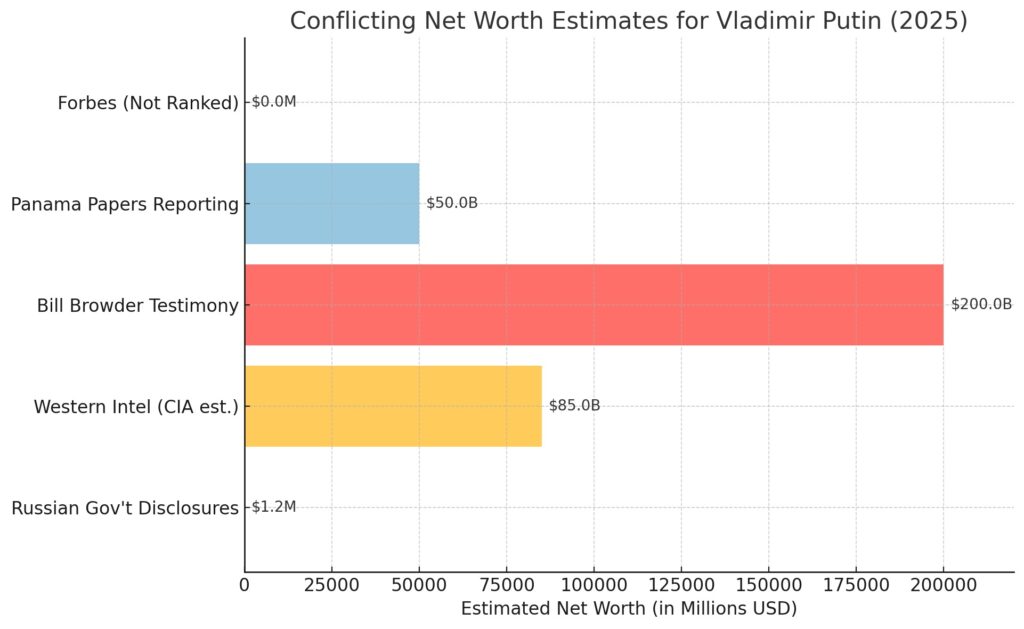
In the end, estimating Putin’s net worth isn’t just a math problem. It’s a geopolitical Rorschach test—what you believe may depend more on your view of power than your grasp of economics. But the sheer persistence of the $200 billion rumor suggests one thing: where there’s that much smoke, it’s worth looking hard for fire.
From KGB Agent to Kremlin Powerhouse: How Putin’s Career Paved the Way to Wealth
To understand the roots of Vladimir Putin’s alleged fortune, you have to trace the arc of a man who mastered the machinery of power long before he officially ruled Russia. His journey from mid-level KGB officer to one of the world’s most enigmatic and feared leaders wasn’t a meteoric rise—it was a methodical infiltration of political systems, loyalty networks, and financial arteries.
Putin’s early KGB career, particularly his post in Dresden during the 1980s, didn’t make him rich, but it taught him how influence is built in the shadows. Those years weren’t about glamour or rank; they were about learning how information, silence, and relationships could be weaponized. When the Soviet Union collapsed, Putin returned to St. Petersburg, where he served under then-mayor Anatoly Sobchak. This is where the financial seeds may have been planted. As head of foreign relations, Putin approved lucrative trade deals, many of which benefited insiders and oligarchs, marking the beginning of transactional politics.
But the pivotal transformation came in 1999, when Boris Yeltsin unexpectedly named Putin his successor. In exchange for loyalty and political stability, Putin offered Russia’s oligarch class something priceless: protection. In return, those same oligarchs became custodians—not just of money, but of an empire built on informal agreements, offshore structures, and strategic silence.
As president, Putin didn’t have to own businesses directly. He simply needed to control those who did. Energy giants like Gazprom and Rosneft, state banks, and defense contractors fell into a hierarchy that placed him not on the balance sheet, but above it. His ascent wasn’t just a story of power; it was the foundation of a financial system in which loyalty bought security, and proximity to the Kremlin bought everything else.

The Kremlin Inc. Blueprint: Inside Putin’s Alleged Business Empire
Vladimir Putin’s wealth doesn’t sit neatly in a Swiss bank account under his name—it flows through a sprawling architecture of shadow control. Think less “billionaire CEO” and more “silent shareholder of the state.” His alleged financial empire functions like a private company wrapped in the flag of the Russian Federation, with energy conglomerates, favored oligarchs, and offshore vehicles operating as its subsidiaries.
At the core are state-run giants like Gazprom, Rosneft, and Transneft—nominally public institutions, but widely believed to be leveraged as financial engines for those close to Putin. Investigative reports, like those from the Panama Papers and The Guardian, describe intricate webs of shell companies and frontmen—trusted allies and longtime loyalists—who “own” yachts, estates, and luxury assets that never appear on Putin’s official disclosures.
Control, not formal ownership, is the key to this system. Putin doesn’t need to sign the checks if he signs off on who gets rich. The result is a quasi-legal power structure where wealth is distributed like political currency, rewarding loyalty and punishing dissent. “Kremlin Inc.” isn’t a myth; it’s a model of state capitalism where the lines between public office and private gain have all but disappeared.
Also See: Top 50 Richest Presidents in the World
What I Learned Investigating Putin’s Money Trail
Digging into Vladimir Putin’s wealth is like chasing a ghost in a maze of mirrors. I’ve spent months—years, even—following names I can’t pronounce through shell companies I can’t trace, only to land on addresses that house nothing but empty legal fictions. There’s no neat paper trail, no definitive smoking gun. What you find instead is a pattern: the same inner circle of trusted lieutenants showing up again and again, owning assets too large to explain, living lives far above their pay grade.
There was a moment early in the research that stuck with me. I was reading a leaked financial document that listed a $1 billion palace on the Black Sea, allegedly built for Putin. The file itself was bland—no signature, no direct link. But the companies involved traced back to allies who’d long dodged scrutiny, protected by layers of legal distance. It was a perfect metaphor for the whole investigation: close enough to feel true, distant enough to deny.
What I’ve learned is that in Putin’s world, wealth isn’t just money—it’s silence, fear, and favor. You don’t hold it. You’re allowed to keep it, for now. And that makes uncovering the truth not just difficult, but dangerous.
How Putin Compares to Other World Leaders and Billionaires
If Vladimir Putin’s rumored net worth—anywhere from $70 billion to a speculative $200 billion—is even partially accurate, he would eclipse nearly every sitting world leader and rival the richest private citizens on the planet. U.S. President Joe Biden’s estimated wealth sits around $9 million. Ukrainian President Volodymyr Zelenskyy is reported to have less than $30 million. Even Xi Jinping, China’s most powerful figure, maintains a modest official salary and no known personal fortune—though he, like Putin, is embedded in opaque political wealth structures.
But where Jeff Bezos, Elon Musk, and Bernard Arnault derive their fortunes from equity in global corporations and publicly reported assets, Putin’s alleged wealth is wielded more like a weapon than a wallet. It isn’t liquid or transparent; it’s entangled in oil pipelines, state contracts, and quiet ownership through proxies. It’s not just wealth—it’s leverage.
This difference matters. Billionaires compete in markets; Putin controls one. He doesn’t need to cash out stock to exert influence—he can shift policy, reallocate resources, and even reshape geopolitics with a signature. In that sense, his fortune isn’t just larger on paper—it’s arguably more potent in practice.
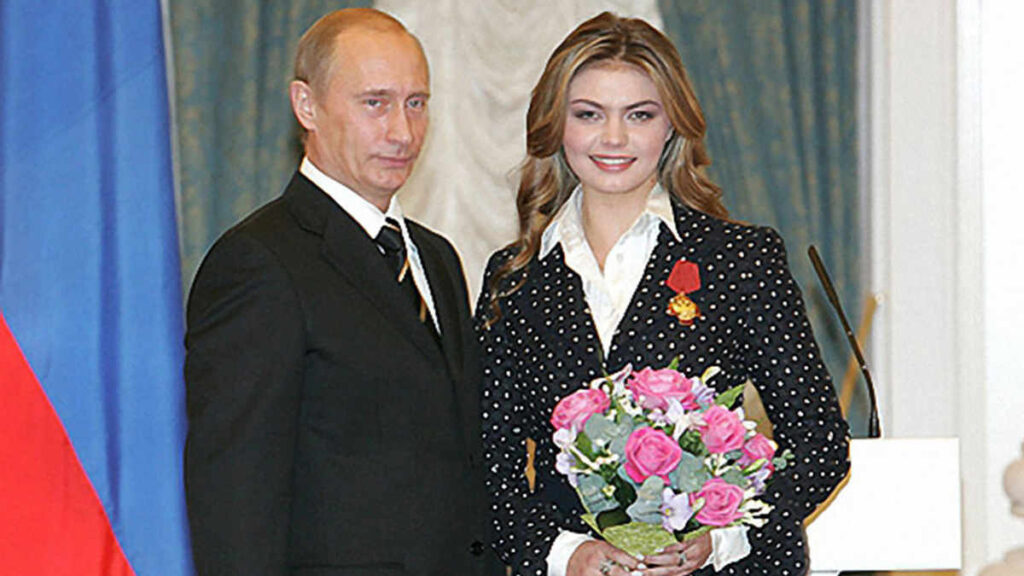
Sanctions, Secrecy, and Shell Games: How Putin’s Wealth Survives Global Scrutiny
Over the past decade, Western governments have tried to choke off Vladimir Putin’s financial reach with an arsenal of sanctions—targeting oligarchs, seizing yachts, freezing assets, and blacklisting institutions tied to the Kremlin. And yet, the core of Putin’s alleged wealth remains frustratingly untouched. Why? Because it was never designed to be seen.
Putin’s financial insulation is a masterclass in evasive architecture. Instead of holding wealth in his name, it is believed to be scattered across a tight network of loyalists—friends, relatives, former KGB associates—who act as stewards of offshore accounts, real estate, and luxury holdings. The Panama Papers and Pandora Papers both surfaced clues: luxury apartments in Monaco linked to alleged mistresses, shadowy trusts in the Caribbean, and shell companies registered to cronies. But rarely is there a smoking gun—just fingerprints on the vault door.
Add to this the political insulation Putin enjoys. Russia’s elite financial class operates within a protective legal and cultural framework that blurs the line between personal loyalty and national interest. Inside Russia, any scrutiny is suppressed. Outside, the complexity of global finance—combined with the slow gears of international law—allows enough ambiguity for wealth to keep moving, just out of reach.
Ultimately, Putin’s fortune survives not just because it’s hidden well, but because it’s hidden in plain sight, layered beneath decades of calculated opacity and geopolitical immunity.
Also See: Top 50 Richest Politicians in the World
Beyond Rubles and Real Estate: Putin’s Influence as a Currency
Vladimir Putin’s fortune may be vast, but his most powerful asset isn’t something you can freeze in a bank account or tally in a spreadsheet. It’s influence—and in Putin’s world, that’s the currency that truly matters.
Consider energy. Russia’s grip on natural gas has long made it a geopolitical bargaining chip, especially in Europe. At the height of winter, control of a pipeline can wield more pressure than a fleet of tanks. When Putin tightens the tap, markets tremble and governments scramble—not because he bought them, but because he outmaneuvered them.
Then there’s the intangible economy of fear and loyalty. Within Russia, oligarchs remain billionaires as long as they stay loyal. Media outlets exist at the pleasure of the Kremlin. Even foreign leaders must calculate their moves with Putin in mind, knowing his response can ripple far beyond Moscow. This isn’t just influence—it’s empire-building without borders.
In many ways, Putin’s wealth is encoded in the systems he controls and the narratives he shapes. It’s the kind of asset that doesn’t depreciate with a market crash—it deepens with each handshake, invasion, or pipeline deal. Money buys things. But Putin’s influence buys obedience, outcomes, and time. And in the highest circles of power, that might be worth more than billions.
Is Vladimir Putin the Richest Man in the World—or Just the Most Powerful?
So, is Vladimir Putin the richest man alive—or merely the most powerful? The honest answer is: we may never know. His fortune, if it exists in the numbers some suggest, is deliberately designed to evade visibility, legality, and accountability. But maybe that’s the point. In the 21st century, wealth isn’t just about what you own—it’s about what you control, who answers to you, and what doors open when you speak.
Putin’s true net worth may not be measured in dollars, yachts, or secret palaces. It may lie in the way economies bend to his energy exports, how laws are written—or rewritten in his favor, or how silence follows his name across borders. If money is power, then Putin may have long since transcended the need for one to wield the other.
In the end, the more you try to pin down his wealth, the more it becomes a mirror reflecting how little we know about the nature of modern power. And that might be the most valuable insight of all.
This article presents speculative assessments based on publicly available investigations and expert commentary. It does not assert verified ownership or direct financial statements by Vladimir Putin or the Russian government.
Mohit is a finance and entertainment writer specializing in celebrity wealth, brand strategy, and media empires. As Co-Founder of TheNetWorths.com, he brings over a decade of experience analyzing public income streams, endorsement deals, and the evolving creator economy.





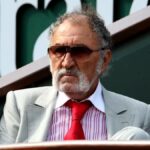




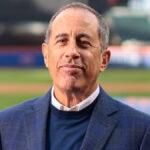
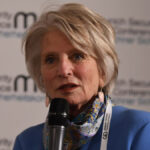




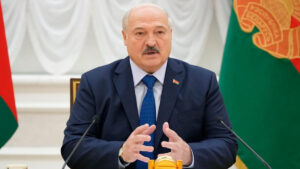
3 thoughts on “Vladimir Putin Net Worth 2025: What Lies Behind His Estimated $200 Billion Wealth”